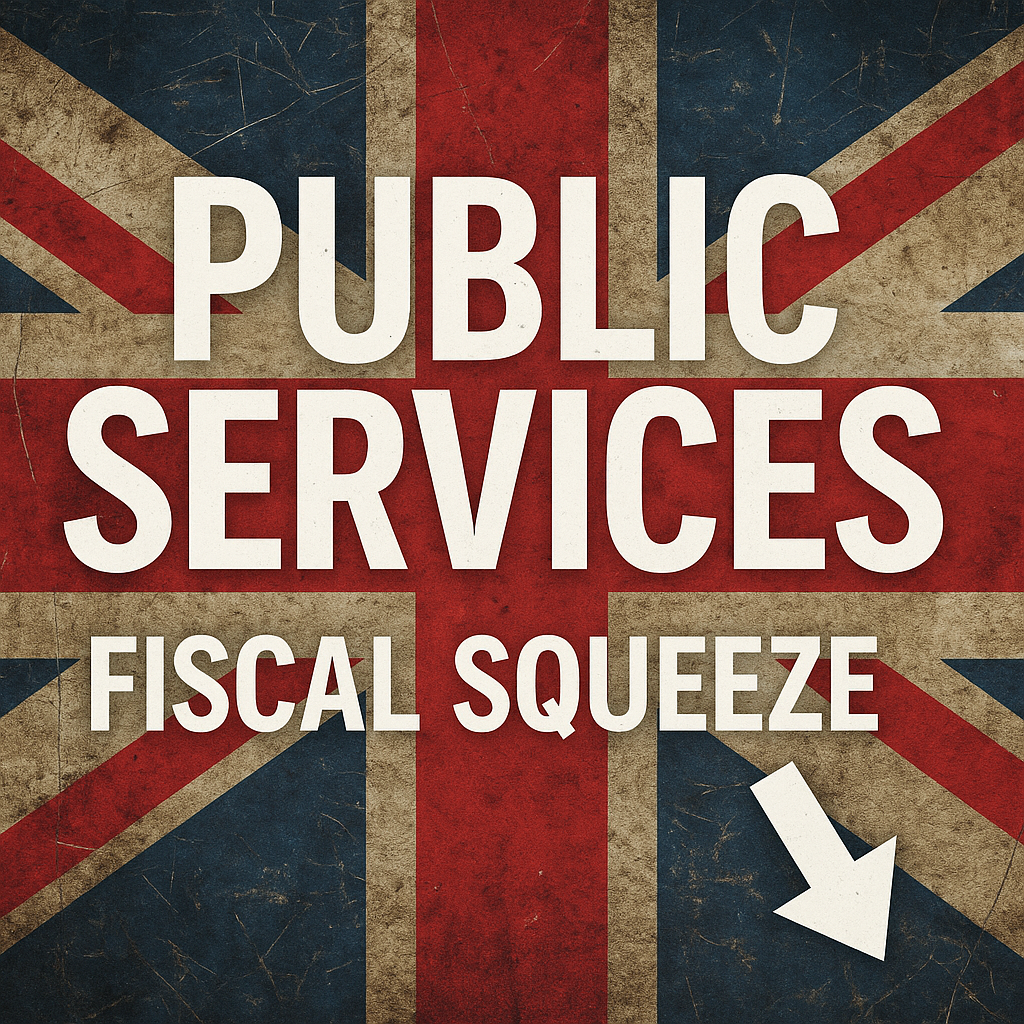The UK government is certainly in a pickle, and not a splinterland's style yaba pickle, but rather a particular pickle of UK citizens expecting a certain level of public services that the economy just won't let said government deliver....
The NHS, Welfare and Pensions all take up an ever increasing slice of the national budget year on year, and we kind of take them for granted, but maybe the stark reality is that we need to cut these services: expectations can be dashed, economic realities are harder to flex with.
The Fiscal Squeeze...
The ageing population is probably the most challenging trend... this means that there is more of a cost to the NHS and pensions every year.
Meanwhile, productivity growth remains sluggish, but just to keep up with the naturally increasing demand on the NHS and increasing pensions costs the UK would have to grow at 3% annually for the coming decades, and this is a level of growth which the UK has failed to meet in recent years.
As it stands, the only way to sustain current spending is to increase public debt, as recent research from the IFS confirms.
The IFS' arithmetic leaves policymakers with stark choices: raise taxes, cut spending, or accept rising debt.
The last few decades have seen governments relying on increasing borrowing to kick this little fiscal problem down the road, but now with perpetually higher interest rates this workaround is an increasing part of the problem itself!

Beyond Austerity: Alternatives to Slashing Spending
Austerity risks weakening the very foundations of the economy. The Resolution Foundation (2024) highlights that deep spending reductions in the 2010s contributed to weaker public services, falling living standards for some groups, and a widening gap in regional inequalities.
An alternative path might involve strategic tax reform and investment. For example, economists argue that wealth taxation could raise significant revenue without disproportionately burdening working households. The OECD has suggested that the UK’s reliance on income tax and VAT leaves room for a fairer distribution of the tax burden through property and inheritance levies.
Equally, boosting long-term productivity through green investment, skills training, and infrastructure could expand the economy’s capacity to support higher spending. While these strategies take time, they offer a way to manage pressures without dismantling key welfare protections.
Final Thoughts...
Britain cannot indefinitely spend more than it earns. The reality is that Britain faces a fiscal storm that demands long-term thinking from policymakers – not just the blunt instrument of austerity!